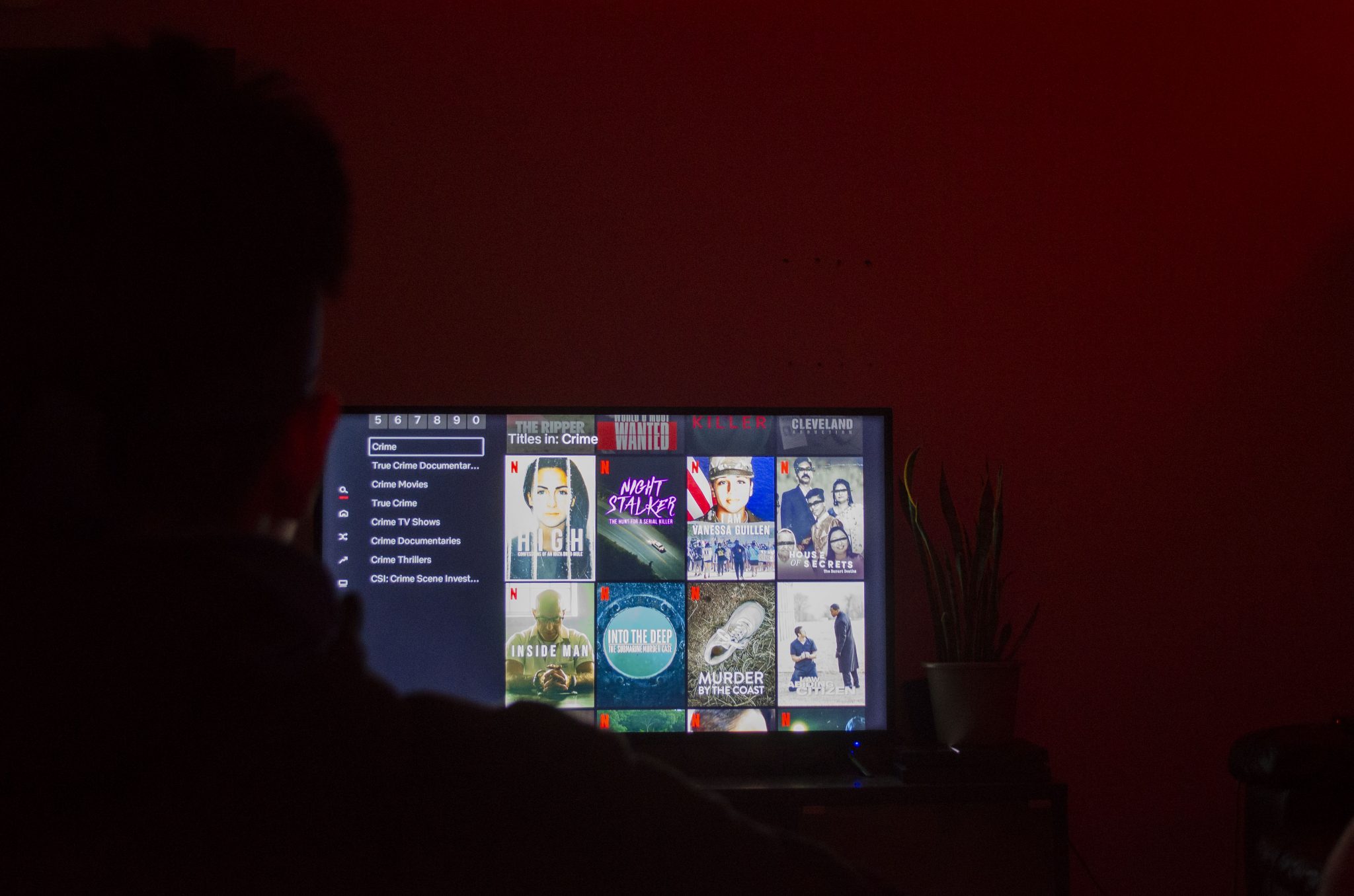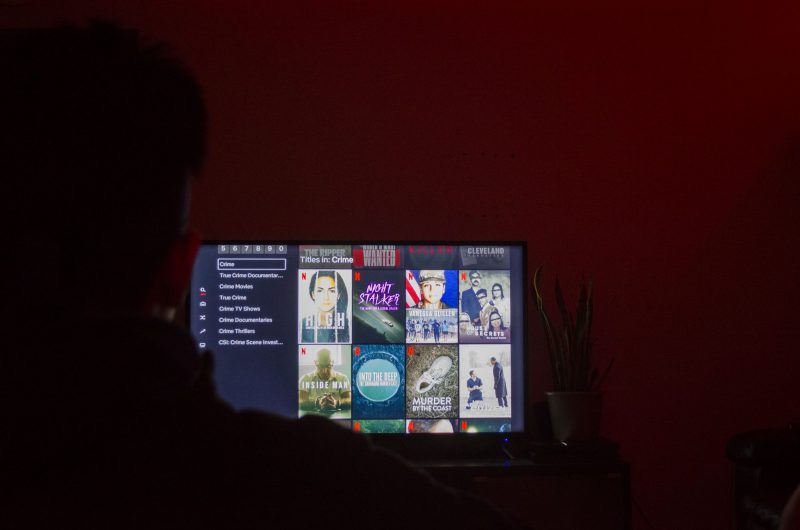The impact of media on public perception of crime and criminal justice


Everyone has their guilty pleasures, shows or movies they like to watch to unwind. For me, and for many others, those shows are crime dramas and police procedural programs like ‘Criminal Minds’, or ‘Castle’. Shows like these are accepted forms of entertainment for people all over the world, but what we do not realize is just how significant their impact can be on public perception of crime and the criminal justice system.
Crime dramas, documentary style programming, daytime television shows; these are all sources of infotainment. They are made to inform viewers but are also portrayed in a certain way to provide entertainment. The ‘entertainment’ aspect of these shows usually consists of an inaccurate representation of violent crime and the way law enforcement works. All this, while greatly entertaining, even for me, can have such an impact on the way we understand crime and how it is dealt with.
Such programs often misrepresent the level of violence that occurs, and show an inaccurate portrayal of law enforcement, and the lengths they go to, to catch the ‘bad guy’. The offenders are mostly depicted as psychotic and extremely violent, each crime committed is unnecessarily brutal, and at the end of each case, there is almost always a ‘happy ending’. These dramatized representations of crime can distort the public’s perception and lead to them forming unrealistic expectations. By generalizing such violent behavior, it can promote stereotypes and biases and lead them to making assumptions about criminality.
The amount of cruelty and violence that is shown can desensitize viewers and can in some cases, even trigger aggression. The main basis of the crime might be factual, but these shows use several different techniques to enhance them, by using ‘fictionalized recreations’, to draw in and entertain the viewer. By analyzing criminal acts and offenders in these shows, viewers are given interpretations on how to understand them. This unrealistic representation, along with our individual fear of crime and being victimized, can cause us to reach dangerous and unfair conclusions.
When it comes to crime, individuals do not completely base their perceptions off what they directly experience, they base it off of what they see and hear in the media. Such exaggerated depictions of crime and the criminal justice system can affect their sense of reality, and blur the lines between what is real, and what they think is real. Our entire understanding of crime and attitude towards the criminal justice system can be influenced by these programs and the inaccurate way they portray crime stories. As much as we consider these programs to be quality television, we should be aware of the impact they can have on our understanding of the world we live in.
The Media Influence on Public Perceptions of Crime (ukessays.com)
Is the Media Altering Our Perceptions of Crime? (intpolicydigest.org)


